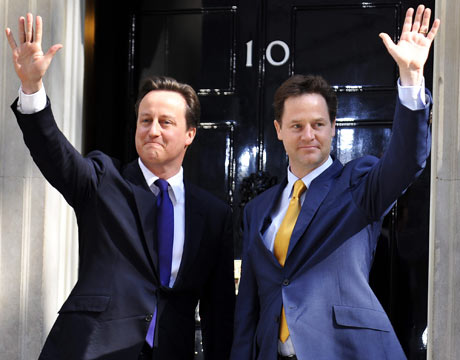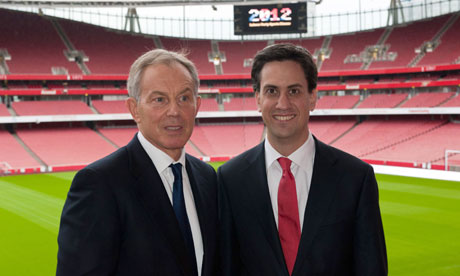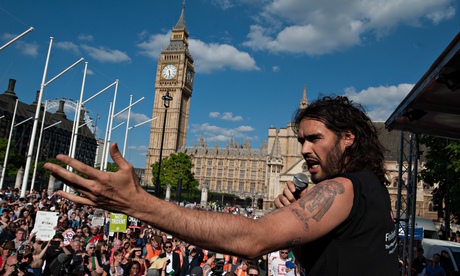ISIS, Iraq, Kurdistan, Syria
http://www.vox.com/cards/things-about-isis-you-need-to-know/sunni-shia-conflict-ISIS
Perhaps the single most important factor in ISIS’ recent resurgence is the conflict between Iraqi Shias and Iraqi Sunnis. ISIS fighters themselves are Sunnis, and the tension between the two groups is a powerful recruiting tool for ISIS.
The difference between the two largest Muslim groups originated with a controversy over who got to take power after the Prophet Muhammed’s death, which you can read all about here. But Iraq’s sectarian problems aren’t about relitigating 7th-century disputes; they’re about modern political power and grievances.
…
The civil war after the American invasion had a brutally sectarian cast to it, and the pseudo-democracy that emerged afterwards empowered the Shia majority (with some heavy-handed help from Washington). Today, the two groups don’t trust each other, and so far have competed in a zero-sum game for control over Iraqi political institutions. For instance, Shia used control over the police force to arbitrarily detain Sunni protestors demanding more representation in government last year.
So long as Shias control the government, and Sunnis don’t feel like they’re fairly represented, ISIS has an audience for its radical Sunni message. That’s why ISIS is strong in the heavily Sunni northwest.
http://www.vox.com/cards/things-about-isis-you-need-to-know/maliki-sunni-shia-tension
ISIS would be able to recruit Sunni fighters off of the Sunni-Shia tension even if Iraqi Prime Minister Nuri al-Maliki hadn’t held office until mid-August, but his policies towards the Sunni minority have helped ISIS considerably. It remains to be seen whether the new PM, Haider al-Abadi, will be an improvement.
Maliki, a Shia Muslim, built a Shia sectarian state and refused to take steps to accommodate Sunnis. Police killed peaceful Sunni protestors and used anti-terrorism laws to mass-arrest Sunni civilians. Maliki made political alliances with violent Shia militias, infuriating Sunnis. ISIS cannily exploited that brutality to recruit new fighters.
When ISIS reestablished itself, it put Sunni sectarianism at the heart of its identity and propaganda. The government persecution, according to the Washington Institute for Near East Studies’ Michael Knights, “played right into their hands.” Maliki “made all the ISIS propaganda real, accurate.” That made it much, much easier for ISIS to replenish its fighting stock.




